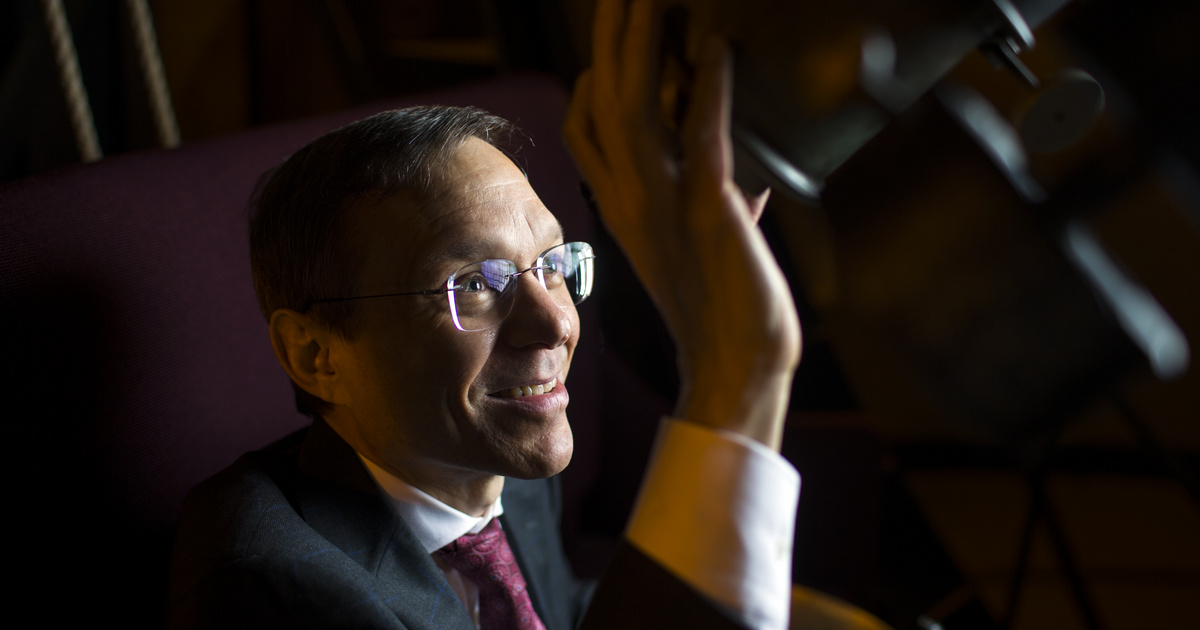A large-scale international initiative has been launched to search for traces of technologies related to extraterrestrial civilizations, led by a recognized professor at Harvard University.
As part of a program called the Galileo Project, named after the Italian physicist and astronomer, they want to create a global network of telescopes, cameras, and medium-sized computers to study UFOs. The project has so far received $1.75 million in grants in the form of private donations.
Given that recent research shows that large numbers of Earth-like planets occur in the galaxy, Avi Loeb, a theoretical physicist who works in astrophysics and cosmology, said at a press conference Monday to announce the project,
We can no longer ignore the possibility that there were technologically advanced civilizations before us.
Also participating in the project are researchers from Princeton University, the California University of Technology (Caltech), the University of Cambridge in England and Stockholm University.
The initiative was announced a month after a US intelligence report revealed that US soldiers have detected more than a hundred airborne phenomena in recent years whose origins have not been determined by defense and intelligence analysts.
It is not up to the politicians or the military to explain what they see in the sky, because they are not scientists, these are matters that must be resolved by the scientific community.
Loeb indicated that he hopes to increase the project’s budget tenfold.












































